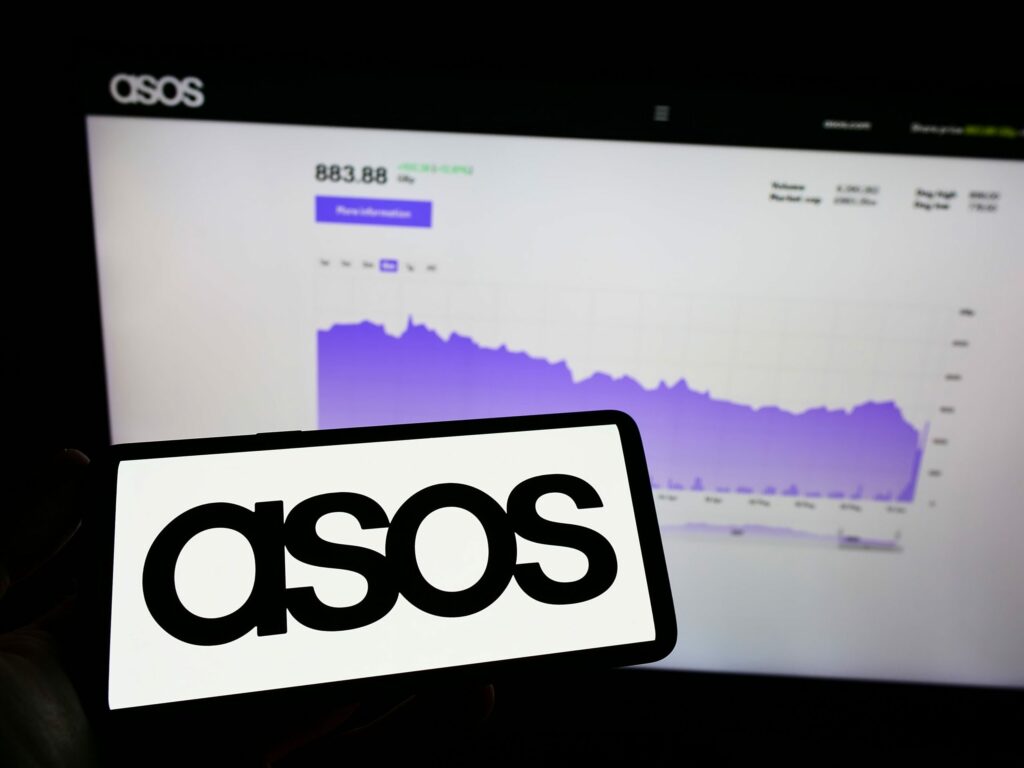The latest figures released today by Kantar show that grocery price inflation is on the verge of disappearing completely. Market growth is down to just 0.2%; the the lowest number recorded since October 2006 when Kantar began measuring in this specific manor.
The news marks the continuation of a downward trend; this period (the 12 weeks preceding the 17th of August) is the 11th consecutive in which grocery inflation has fallen.
Edward Garner, director at Kantar Worldpanel explains: “Competitive pricing among the big grocers and deflation in the price of staple items such as vegetables, milk and bread has driven inflation down yet again. This naturally impacts on the overall growth of the grocery market, which has fallen to a 10 year record-low of 0.8%.”
Despite Kantars further claim that the numbers “reflects the impact of Aldi and Lidl and the market‘s competitive response” the market share of the German budget stores still remains relatively low. Whilst Aldi did enjoy a huge 29.5% year-on year-growth, it‘s total market share rose to only 4.8%; this shows that it remains vastly overshadowed by the big four (who still account for 73.4% of the total till roll).
Meanwhile Asda set itself apart from the big four (who are all experienced a loss in market share). The supermarket giant witnessed a further 0.1% increase of the total till roll share, as well as a rise of 17.2% in year-on-year sales. Waitrose also won a further 0.1% of the market, bringing their share up to 4.9%.
Edward continued: “Asda and Waitrose have achieved growth with differing strategies. Asda has pushed its “Price Lock” strategy to keep prices on everyday essential items low, while Waitrose is running competitive offers on home delivery alongside offers for myWaitrose card users allied to its overall quality and provenance positioning.”

















